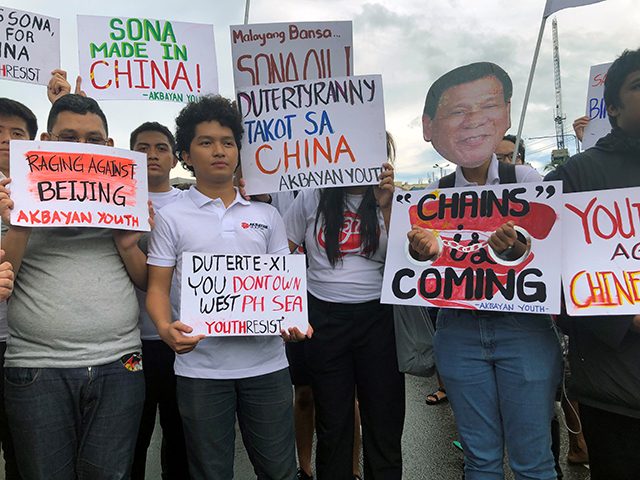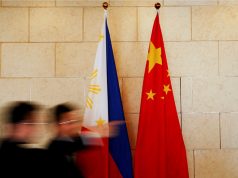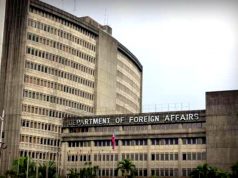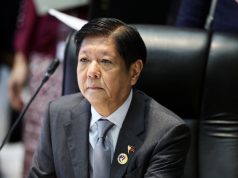
China took aim at the Philippines on Thursday for undermining its crackdown on cross-border gambling, saying many of its citizens lured to work in online gaming firms were being cheated, extorted and exposed to “modern slavery”.
Vast sums of Chinese money were ending up in the Philippines via money laundering and underground banking, China’s embassy in Manila said, adding that its citizens were being illegally recruited into an industry that was fueling social problems and crime at home.
It said citizens’ rights were being violated and dozens were kidnapped, tortured and physically abused by local employers who confiscated their passports.
It urged “concrete and effective measures to prevent and punish the Philippine casinos … and other forms of gambling entities for their illegal employment of Chinese citizens and crack down (on) related crimes that hurt the Chinese citizens.”
Philippine offshore gaming operators, better known as POGOs, are big boon for the country’s economy, however, with China’s insatiable appetite for gambling helping to fuel office and residential demand and drive retail spending and a mushrooming of businesses catering for Chinese.
The industry is highly opaque and its scale is almost impossible to measure, with the official numbers of operators and workers in the Philippines believed to be hugely understated, and little incentive to target unlicensed businesses that are bringing money into the economy.
The Chinese complaint comes as prominent Philippines lawmakers and some ministers have started calling for tighter controls on Chinese entering the country, saying many are working illegally on tourist visas.
It also comes amid strains in ties between the two historic foes that had warmed under President Rodrigo Duterte, largely due to what Manila sees as a pattern of provocation this year by Chinese coastguard, military and fishing militia in the South China Sea.
Presidential spokesman Salvador Panelo said he was not aware of any official communication from China about abuses.
“My suggestion then is they should file a formal complaint, so that this particular concern will be raised in the appropriate agencies of the government. So we can properly respond,” he told a regular briefing.
The Chinese influx started in 2016, coinciding with the rise of Duterte, who backed the gaming regulator’s move to license internet gambling.
The number of Chinese work permit holders quadrupled in the two years since Duterte took office to about 110,000 in 2018, government data showed, making China the biggest source of expatriate workers in the Philippines. That compared with nearly 5,000 issued to Japanese 5,000 and just over 600 to U.S. nationals.
A report backed by the Chinese state last month singled out Macau’s biggest junket operator, Suncity, for causing harm to China by facilitating online gaming and proxy betting worth one trillion yuan ($142 billion) annually. —Reporting by Martin Petty; Editing by Kim Coghill









